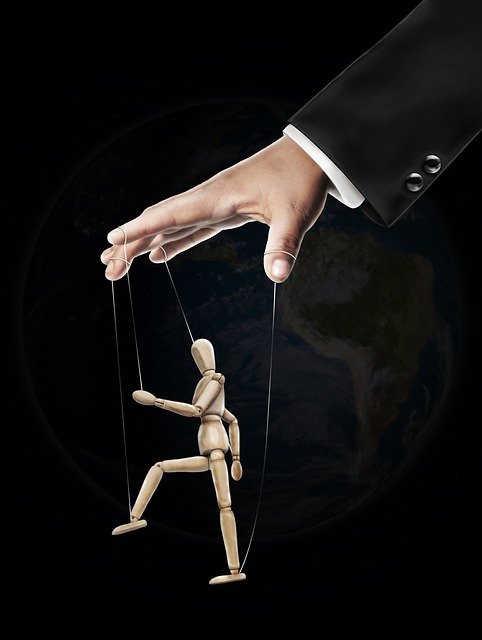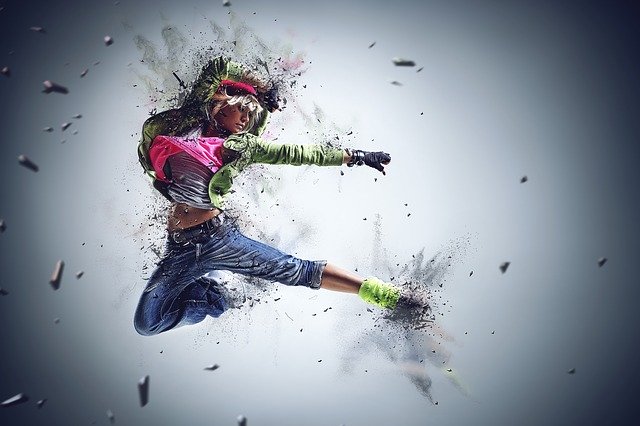20/02/26
Can someone’s political identity actually affect their ability to process information? The answer lies in a cognitive phenomenon known as partisanship. While identifying with social groups is an essential and healthy part of life, it can become a problem when the group’s beliefs are at odds with reality. So how can we recognize and combat partisanship? Jay Van Bavel shares helpful strategies.

Read More >>
(1466)
20/02/13
Category:
B1+ and up /
Tag:
dance, dancing, English lesson, entertainment, ESL, hip hop, history of dance, relax, TEFL, TESL, Worldwide School /
Why do we dance? African-American social dances started as a way for enslaved Africans to keep cultural traditions alive and retain a sense of inner freedom. They remain an affirmation of identity and independence. In this electric demonstration, packed with live performances, choreographer, educator and TED Fellow Camille A. Brown explores what happens when communities let loose and express themselves by dancing together

Read More >>
(1120)
20/02/09
In the 3rd millennium BCE, Mesopotamian kings recorded and interpreted their dreams on wax tablets. In the years since, we haven’t paused in our quest to understand why we dream. And while we still don’t have any definitive answers, we have some theories. Amy Adkins reveals the top seven reasons why we might dream.

Read More >>
(1099)







